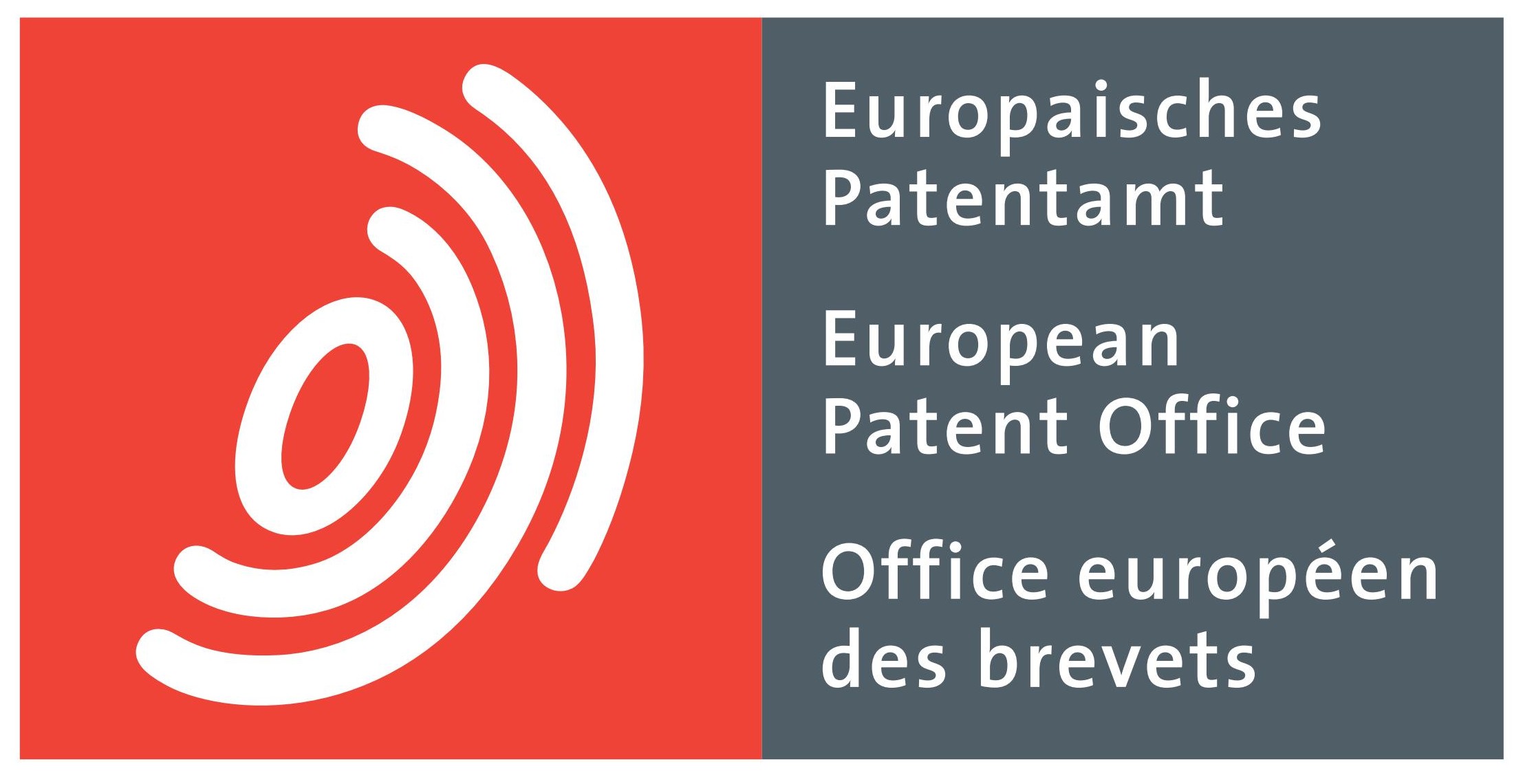It is interesting to note that although the EPO has been providing applicants and their representatives with the opportunity to be heard via video conferencing since 1998, it is the Covid-19 pandemic that has necessitated the provision to be availed by default. A decision to this effect has been implemented from 2 April 2020, thereby mandating all new oral proceedings before the examining division to be held by video conferencing. Under serious circumstances, e.g. if there is a need to take evidence directly, the applicant may request to attend the proceedings in person, however, granting such request is at the discretion of the examining division and their decision is final.
This step is advantageous as it facilitates the overall process at lower expenses and all the applicants and their representatives may join from the comfort of their own spaces. M&D recently had the experience of joining oral proceedings through video conferencing and found it worked very well.
Denis McCarthy shared his experience of “virtual” oral proceedings to demystify the process for others.
“Having taken part in over 80 Oral Proceedings in person since 1992 before the Examining Division, Opposition Division and the Boards of Appeal, I approached my first Oral Proceedings in September 2020 before the Examining Division by videoconference with some trepidation.
Firstly, the clients who are based in the east of the United States wanted to also participate in the Oral Proceedings by videoconference also but a start time of 9:00am Central European Time did not suit them. However the EPO Examiners kindly agreed to change the start time to 2:00 pm CET, with the proviso that they would not be able to continue late into the evening.
Secondly, there seemed to be a problem with the technology as the platform used by the EPO is Skype for Business. This caused consternation with our IT Department and IT suppliers, as this platform is no longer available to the public. However the Technical Department of the EPO provided us with training as well as the links for the day itself and for a trial run with the clients beforehand.
Thankfully the technology did work well on the day. The Oral Proceedings took place on Skype for Business and I was able to consult with the clients during breaks on Zoom. In the end, after 4.5 hours of intense discussions with the Examiners and submitting various amendments to the claims by email, the European patent application was finally allowed after being pending for 10 years. The only thing missing was being able to go for a celebratory drink with the clients in the “Hofbräuhaus” in Munich city. However I did not miss the two days of travelling and not being able to sleep in my hotel bed the night before the Oral Proceedings. Overall my experience was very positive and I will have no hesitation in taking another Oral Proceedings by videoconference, provided it is not a hopeless case more suited to St Jude”
Although the overall process may become a bit arduous due to unavoidable network issues or sound issues (as we have all discovered can occur at any time), these trivial challenges may be overlooked for the greater interest amidst these uncertain pandemic times.


